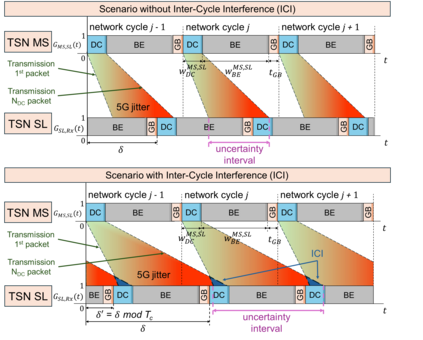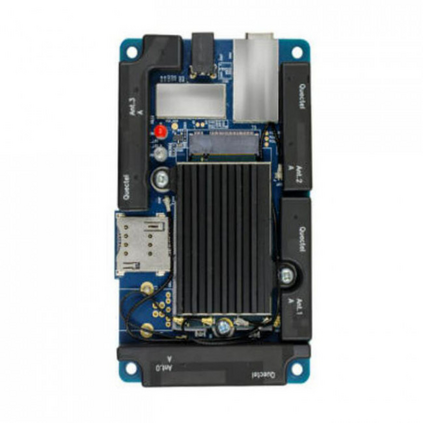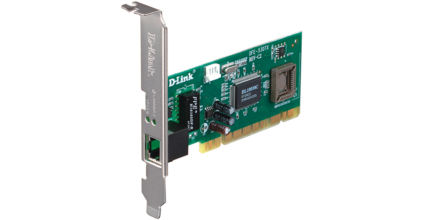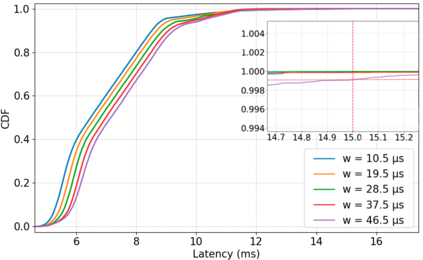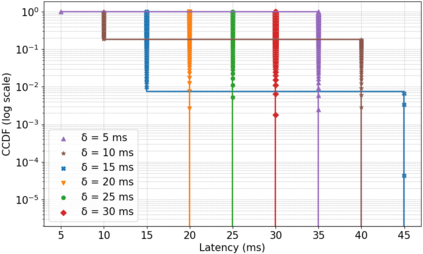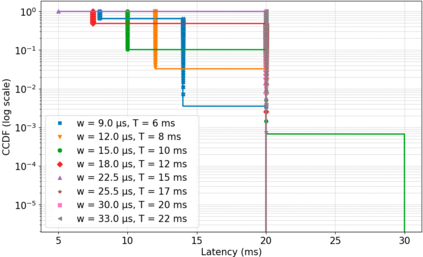Deterministic communications are essential for industrial automation, ensuring strict latency requirements and minimal jitter in packet transmission. Modern production lines, specializing in robotics, require higher flexibility and mobility, which drives the integration of Time-Sensitive Networking (TSN) and 5G networks in Industry 4.0. TSN achieves deterministic communications by using mechanisms such as the IEEE 802.1Qbv Time-Aware Shaper (TAS), which schedules packet transmissions within precise cycles, thereby reducing latency, jitter, and congestion. 5G networks complement TSN by providing wireless mobility and supporting ultra-Reliable Low-Latency Communications. However, 5G channel effects such as fast fading, interference, and network-induced latency and jitter can disrupt TSN traffic, potentially compromising deterministic scheduling and performance. This paper presents an empirical analysis of 5G network latency and jitter on IEEE 802.1Qbv performance in a 5G-TSN network. We evaluate the impact of 5G integration on TSN's deterministic scheduling through a testbed combining IEEE 802.1Qbv-enabled switches, TSN translators, and a commercial 5G system. Our results show that, with proper TAS configuration in the TSN switch aligned with the 5G system, jitter can be mitigated, maintaining deterministic performance.
翻译:暂无翻译
























